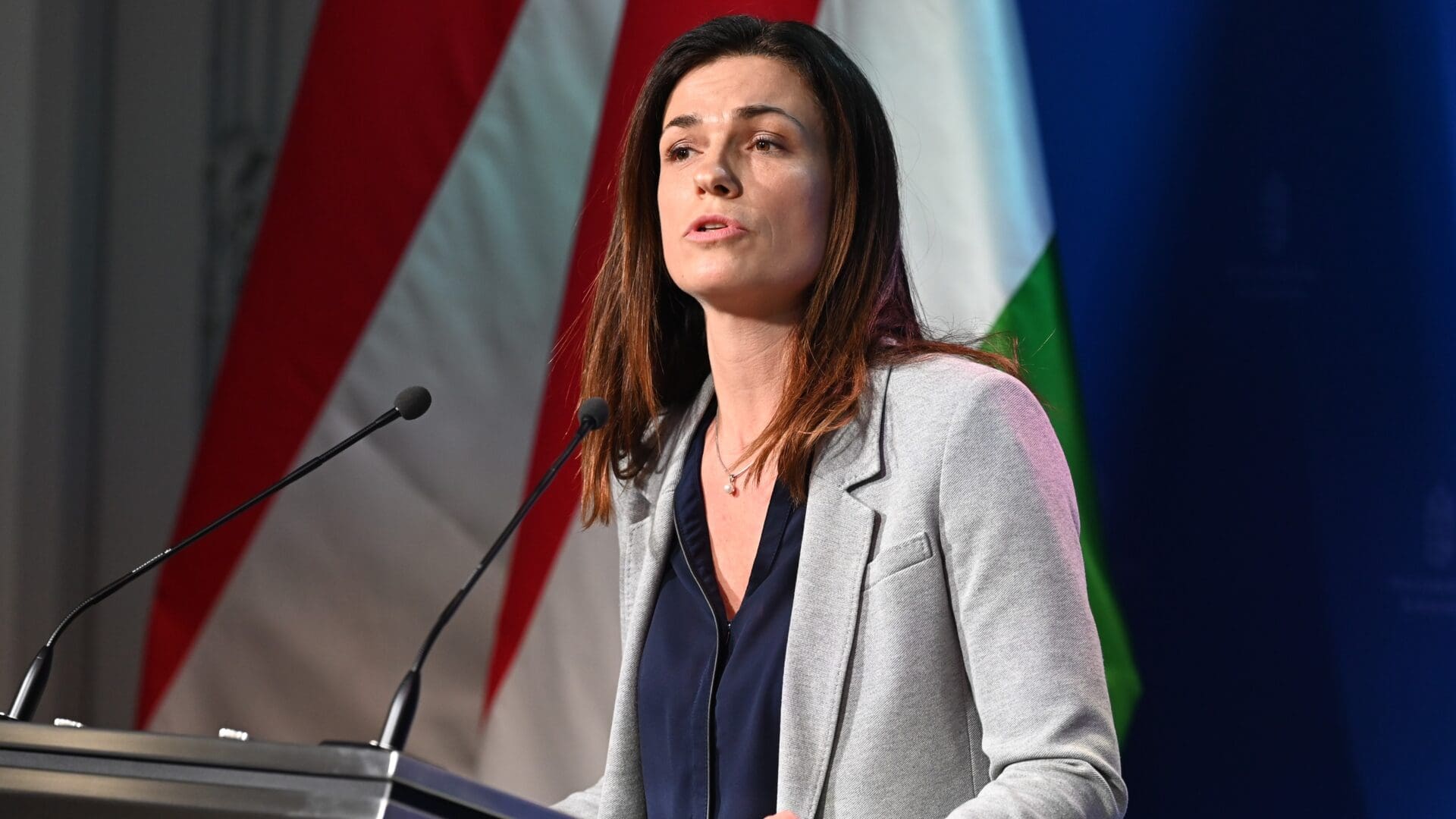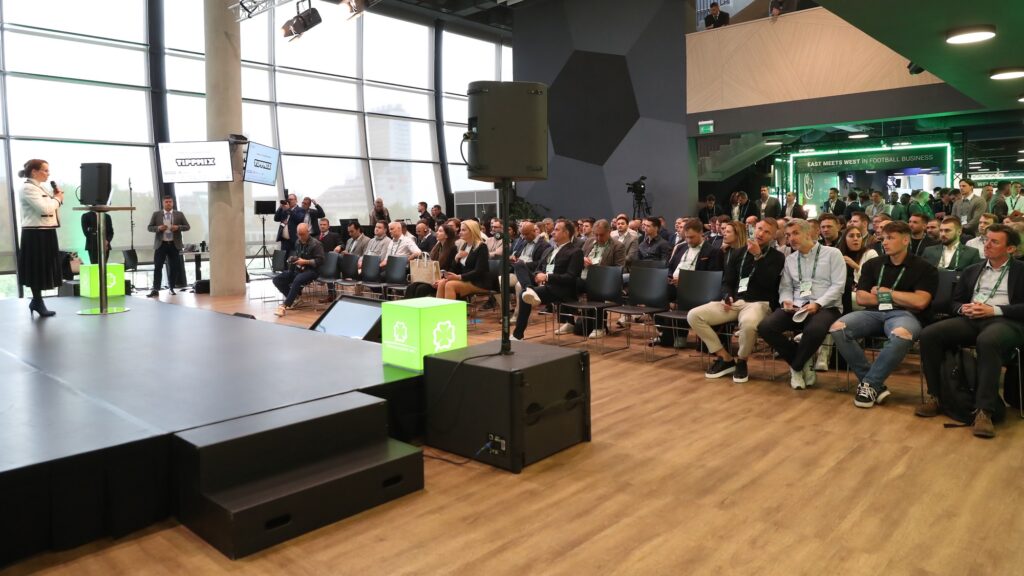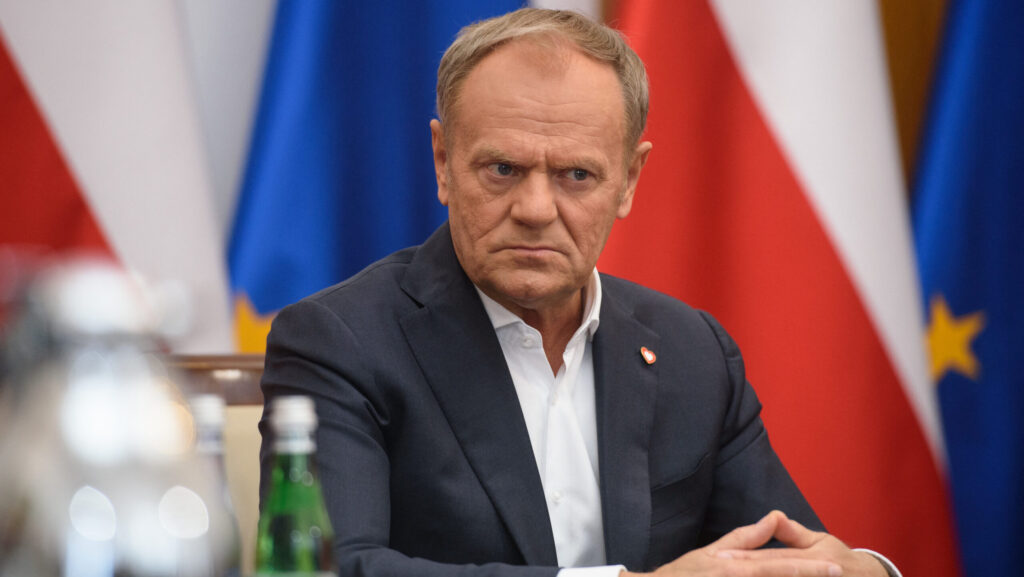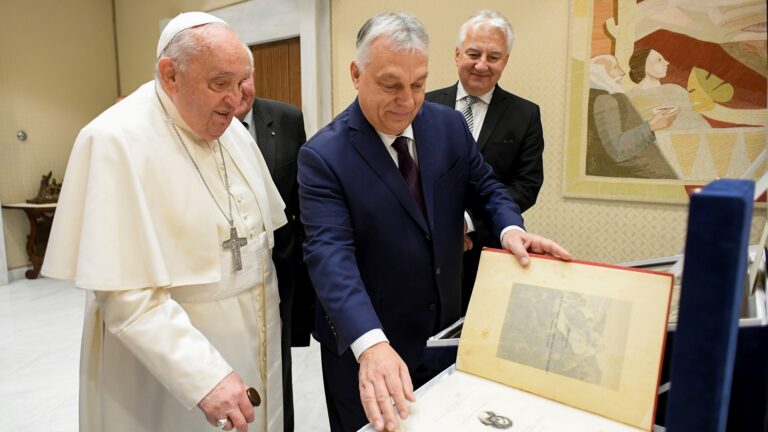Judit Varga, the Fidesz Chair of the European Affairs Committee in the Hungarian parliament, cited the priorities of the Hungarian EU Presidency in an interview with state news agency MTI on Monday. The Hungarian Presidency will focus on addressing demographic challenges and enhancing European competitiveness, Varga highlighted. Speaking to MTI via telephone, Varga provided insights into Hungary’s plans for its upcoming EU presidency starting in July.
The former justice minister stressed the significance of EU enlargement for Hungary, pointing out that Hungary has been associated with the EU for three decades. She highlighted the prolonged wait endured by the Visegrád countries, which joined in 2004, to initiate substantive accession negotiations, followed by another ten years to become full-fledged members. Emphasizing that Western Balkan countries have been waiting for membership for two decades, she called for
an approach based on merit in the accession process, avoiding double standards and expedited pathways.
Expressing Hungary’s solidarity with Ukraine, Varga acknowledged the influx of around one and a half million refugees across Hungarian borders since the outbreak of the war. However, she underlined that adherence to the principles of enlargement cannot be disregarded.
Addressing the ongoing tension between Hungary and the European Parliament in Brussels and Strasbourg, Varga commented on the recent acceptance of the justice package adopted by the Orbán government by the European Commission, earning Hungary favourable ratings. She argued that Hungary now possesses a state-of-the-art judicial system compliant with European standards, enabling access to €10.2 billion of EU funds.
However, she warned of a potential new frontal attack by the left-leaning majority in the European Parliament, aiming to relaunch Article 7 proceedings against Hungary, which may result in the withdrawal of the country’s voting rights. Varga asserted that the European Parliament lacks the authority for such proceedings, which could only be initiated by the Council or the European Commission. She suggested that this situation reveals a political blackmail tactic.
Regarding Ukraine’s €50 billion EU support, Varga criticized the plan, stating that Hungary had rational objections to it in the December EU summit. She advocated for constructive proposals, including securing the funding outside the EU budget to maintain the latter’s balance. She questioned the amount and duration of the support, suggesting that such decisions should be postponed until after the European Parliament elections.
Varga argued that European election trends affirm the alignment of most Europeans with Hungarian positions on key issues. She emphasized the need for change, with sovereigntist forces potentially catalysing this transformation. Varga stressed the importance of securing a right-wing victory in the elections to reshape Europe’s destiny, halt ideology-driven policies dominating EU institutions, and making sure that Europe remains ‘recognizable’ in 50 years’ time.
Related articles:
Sources: Hungarian Conservative/MTI








